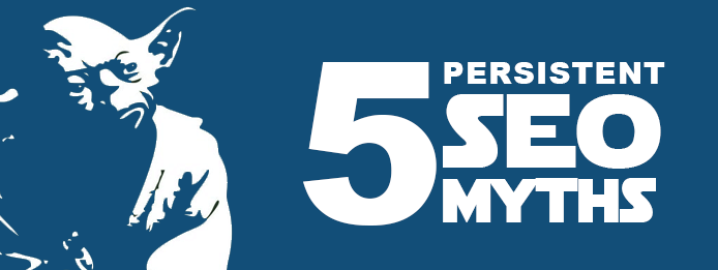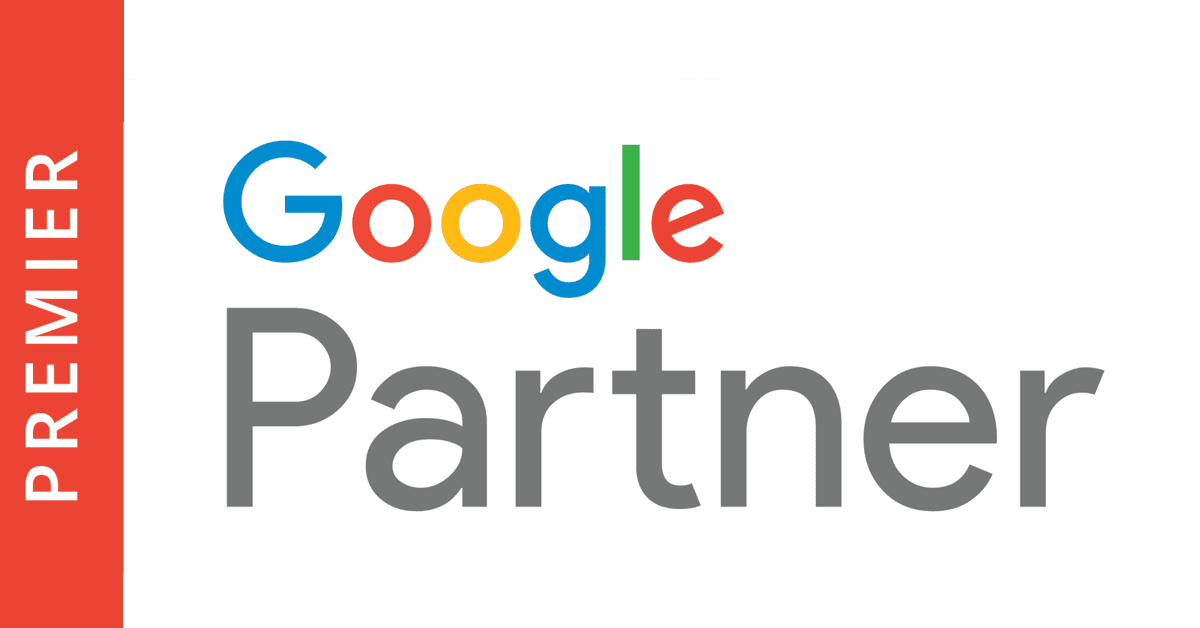Search Engine Optimisation (SEO) is a dynamic and essential aspect of digital marketing. However, it’s also a field riddled with misconceptions. In this post, we’ll explore and debunk several persistent SEO myths that continue to misguide strategies. Understanding these myths is crucial for anyone looking to build a solid and effective SEO strategy.
The Most Common and Emerging SEO Myths
1. The Myth of SEO’s Demise
This myth comes up every so often, and is usually perpetuated by people unable to succeed with SEO, or seeing their rankings drop. The truth is SEO is not dead, it’s evolving. Changes in algorithms, user behavior, and technology mean that SEO strategies also need to adapt. While certain tactics become obsolete, the core principles of providing valuable, relevant content and a good user experience remain vital. SEO continues to be an integral part of reaching and engaging with your audience effectively.
2. Link Quantity Over Quality
The era when the number of backlinks was the dominant factor in SEO is long gone. Today, search engines, especially Google, have become sophisticated enough to evaluate the quality and relevance of links pointing to your site. Quality backlinks from authoritative and relevant sources are now far more beneficial than a large number of low-quality links. These quality links are seen as endorsements, boosting your site’s credibility and authority.
Instead of chasing a high volume of links, focus on earning them through high-quality content, engaging in relevant communities, and forming partnerships with reputable websites. Remember, a few high-quality links from trusted and authoritative sites are worth much more than dozens of poor-quality links.
Further reading: What is a Natural Link: Tips for Good SEO Backlinks
3. The Overemphasis on Keywords
Keywords are indeed a fundamental part of SEO, but their role has evolved. The outdated practice of keyword stuffing, where content is loaded with as many keywords as possible, is not just ineffective; it can harm your SEO efforts. Today’s search algorithms prioritise content that provides value and directly answers users’ queries. This means your content should focus on topics and questions relevant to your audience, using keywords naturally and contextually. Think less about how many times a keyword appears and more about how your content genuinely serves the user’s intent.
Further reading: How to get started with Advanced Keyword Research
4. The Misunderstood Status of Guest Blogging
Once tarnished by spammy tactics, guest blogging has rehabilitated its status as a valuable SEO and relationship-building tool. The key is to approach it with the intent of providing value to the host site’s audience while establishing your authority and expertise. Look for reputable sites within your niche, and offer insightful, well-researched content. Genuine, quality guest blogging can lead to meaningful connections, increased visibility, and valuable backlinks from authoritative sites. Always prioritise quality and relevance over quantity, and avoid any platforms known for spammy or low-quality content.
5. The Singular Focus on Rankings
Ranking at the top of search results is an achievement, but it shouldn’t be the sole focus of your SEO strategy. High rankings don’t guarantee success if they don’t bring the right traffic or lead to conversions. Instead, focus on understanding and meeting the needs of your target audience.
Provide an excellent user experience, create content that addresses the needs and questions of your visitors, and optimise for conversions. By focusing on these broader goals, you’ll not only attract the right kind of traffic but also encourage visitors to engage with your site, leading to better overall success from your SEO efforts.
6. AI Replacing Google
While AI is increasingly used to enhance search engine performance, it’s unlikely to replace them entirely. AI assists in understanding user intent and delivering relevant results but works in tandem with traditional search mechanisms.
Here are the top reasons AI won’t completely replace Google Search:
- AI is expensive: Google is unlikely to implement AI into every single search query because of the cost associated with it. Especially when current search results already provide users with valuable insights.
- AI is too slow at the moment: Users want to get answers fast, and unfortunately, AI-generated responses take time. It’s still faster to refer to the answer provided by relevant websites.
- Google relies on publishers: Google’s AI-generated responses rely on the publisher’s content, and those publishers only create content to get organic traffic from Google. If search results are filled with AI, there is no incentive to create new content, which will negatively impact AI-powered search results.
- Too much AI will hurt Google’s revenue: A significant amount of Google’s revenue comes from ad placements on websites. Replacing search results with AI will lower the amount of traffic those websites get, negatively impacting their revenue from ads.
How to Avoid Falling for SEO Myths
it’s easy to get caught up in the allure of quick fixes and promises of rapid rankings. However, these shortcuts are often based on myths that can derail your long-term strategy and even harm your website’s reputation. To navigate this landscape effectively and make informed decisions, here are ways to ensure you don’t fall victim to these misconceptions.
Stay Informed Through Reputable Sources
Continuous learning is your best defense against SEO myths. Dedicate time to reading authoritative SEO blogs, attending industry webinars, and joining reputable forums. Websites like Moz, Search Engine Journal, and Google’s Webmaster Blog offer insights directly from SEO professionals and updates on the latest trends and algorithm changes.
Be Skeptical of Quick Fixes
Beware of tactics and tools that promise immediate results. Good SEO is a long game; it’s about building a solid foundation and not just quick fixes. If something sounds too good to be true, it probably is. Always question the validity of overly simplistic strategies that don’t consider the complexities of modern search engines.
Focus on Long-Term Strategies
Prioritise techniques that offer sustainable results. This includes creating high-quality content, improving user experience, and building natural backlinks. Long-term strategies not only provide lasting benefits but also protect your site from potential penalties associated with manipulative SEO practices.
Refer to Google’s Guidelines
Google’s own guidelines are an invaluable resource for understanding what the search engine values. Familiarise yourself with these recommendations and any official updates from Google. This will help you distinguish between legitimate practices and outdated or misleading tactics.
Seek Evidence-Based Claims
Many myths propagate based on anecdotal evidence or outdated information. Before adopting any SEO strategy, look for data and case studies that back up the claims. Reputable SEO practitioners will provide evidence from real-world examples, experiments, or direct statements from search engines themselves.
Beware of Unsupported Claims
Be cautious of anyone making definitive statements about SEO without data to back them up. The field is too dynamic and complex for absolute certainties, and search engines like Google keep many details of their algorithms confidential. If someone claims to have a secret formula for instant SEO success, they’re likely peddling a myth.
Develop a Critical Mindset
Cultivate a healthy skepticism towards new information. Ask questions, seek multiple opinions, and cross-reference advice you receive. By adopting a critical mindset, you’ll be better equipped to discern fact from fiction and make decisions that truly benefit your SEO efforts.
Conclusion
SEO myths can lead you astray, wasting time and resources. By understanding and debunking these common misconceptions, you’re better equipped to focus on strategies that genuinely improve your site’s performance and ranking. Remember, SEO is about more than just appeasing search engines; it’s about providing value to your users.
If you have questions or need guidance in navigating the complexities of SEO, our team of experts is here to help. Contact us for a consultation and take the first step towards a more informed and effective SEO strategy. Let’s debunk myths and build success together.
Further reading: 7 SEO Tactics to Improve Your Business Website’s Visibility



















